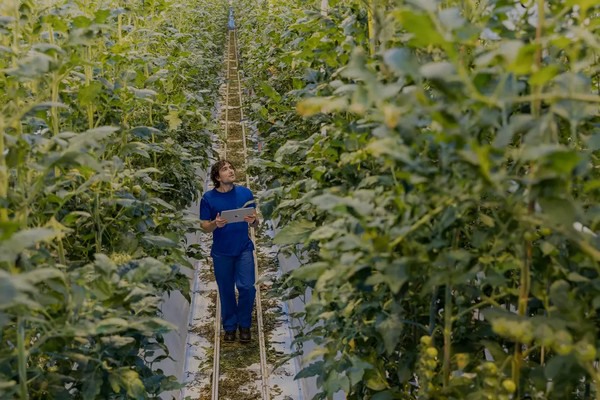Consider a scenario where the potential threat of powdery mildew can be identified and addressed proactively. That's why PYLOT has introduced the Climate Incidents feature, aiming to enhance disease prevention in greenhouses.

The Powdery Menace
Powdery mildew, a common fungal disease, poses a significant challenge to greenhouse operations. Its rapid spread can jeopardize crop health, reduce yields, and impact the overall profitability of greenhouse businesses. Traditional methods of detection often fall short, leaving growers grappling with the aftermath of an outbreak.
PYLOT's Climate Incidents
"We are always dedicated to empowering our customers with innovative solutions," says the company's team. "At the forefront of our arsenal is the Climate Incidents feature, a powerful tool designed - among other things - to detect conditions conducive to powdery mildew before it takes root."
How Climate Incidents Works:
- Real-Time Monitoring: Climate Incidents provides real-time monitoring of environmental conditions within your greenhouse. Temperature, humidity, and other crucial factors are continuously analyzed.
- Predictive Analytics: Leveraging advanced algorithms, Climate Incidents predicts potential powdery mildew outbreaks by identifying conditions favorable for its development.
- Alert System: The moment there's a risk detected, Climate Incidents trigger an immediate alert to greenhouse growers and managers. This allows for swift and targeted intervention, preventing the escalation of the issue.
For more information: Pylot
Pylot
[email protected]
www.pylot.nl
